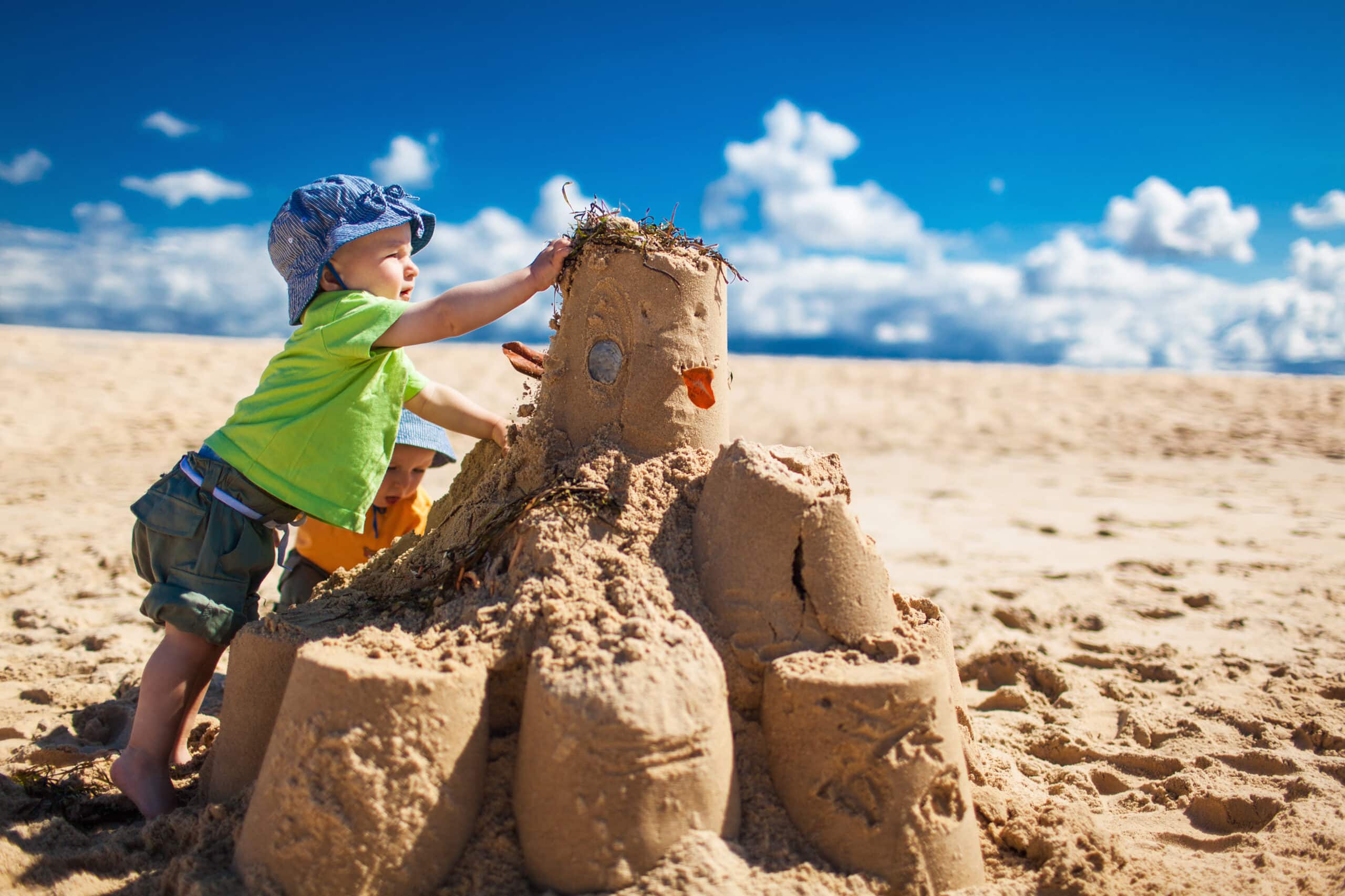Children and their boundless creativity can turn even the simplest of materials into a world of fun and adventure. When given the opportunity to play with sand and mud, their imaginations run wild, making every playtime an unforgettable experience.
When handed a shovel and pail along with a big sandy beach, children can go from being builders to architects in an instant. They scoop up the cool and grainy sand, letting it slip through their fingers like an hourglass. With every pile of sand, new structures emerge. Castles with turrets and moats appear, standing tall against imaginary foes. Children become masters of their sandy kingdoms, knights defending their fortresses, and queens ruling over their domains.
And let’s not forget the delightful world of mud. A child’s bare feet squish through the cool, soft, and earthy muck, as they mould clay-like sculptures with their hands. Mud pies, mud mountains, and mud creatures are lovingly crafted, bringing the play area to life. Children transform into scientists, exploring the properties of mud, testing its limits, and discovering its endless potential.
Learn some new sandpit play ideas from our day of Sandpit Fun at Miranda.
Speaking of exploration, children dive into these tactile play materials with enthusiasm. They search for hidden treasures, like seashells in the sand or insects beneath the mud. The textures and sensations draw them deep into imaginative role play, where they can become treasure hunters, archaeologists unearthing ancient artifacts or palaeontologists excavating dinosaur bones. The open-ended nature of sand and mud play allows children to engage in sensory experiences, enhancing their tactile and cognitive development. They experiment, problem-solve, and collaborate with others, sharing ideas and working together to create new realms in their mini wonderlands.
Beyond the enjoyment and skill development, playing with sand and mud also connects children with nature. They not only learn to appreciate the natural elements but also begin to understand the importance of caring for the environment. As they build and reshape the landscape, they develop a sense of responsibility, realizing the impact their actions can have on the world around them.
Sandpit play benefits for toddlers
Children should engage in sand and mud play for numerous reasons, as it offers a wide range of benefits to their development. Here are a few reasons why children should embrace the opportunity to play with sand and mud:
-
- Sensory Development: Playing with sand and mud stimulates various senses, such as touch, sight, and even smell. The different textures and consistencies of sand and mud allow children to explore and understand the world through their senses, enhancing their sensory development.
-
- Motor Skills: Manipulating sand and mud with their hands and tools requires fine motor skills. Pouring, digging, shaping, and scooping help develop hand-eye coordination, finger dexterity, and overall motor skills. These activities also strengthen muscles and improve their control over movements, contributing to their physical development.
-
- Creativity and Imagination: Sand and mud are blank canvases that ignite children’s creativity and imagination. With these materials, they can transform ordinary substances into anything they can imagine – from castles and cities to imaginary creatures and landscapes. This open-ended play encourages their creativity, problem-solving skills, and imaginative thinking.
-
- Scientific Exploration: Sand and mud offer a unique opportunity for scientific exploration. Children can observe how water affects the properties of sand or mud, experiment with different mixtures, and understand concepts such as gravity, density, and surface tension. This hands-on exploration fosters their curiosity, critical thinking, and understanding of the natural world.
-
- Social Skills: Sand and mud play often involve collaboration and social interaction. Children can work together to build structures, engage in pretend play scenarios, or solve problems collectively. Sharing tools, discussing ideas, and communicating with peers not only enhance their social skills but also teach them valuable lessons in cooperation and teamwork.
-
- Emotional Development: Playing with sand and mud can be a calming and therapeutic experience for children. The squishy texture and freedom to create and explore can reduce stress and anxiety. It also provides an avenue for emotional expression, allowing children to process and communicate their feelings through play.
-
- Environmental Awareness: Engaging with natural materials like sand and mud helps children develop an appreciation for the environment and the natural world. They begin to understand the importance of taking care of their surroundings and become more conscious of their impact on the Earth.
In summary, sand and mud play offer a multitude of benefits for children’s sensory, cognitive, physical, social, and emotional development. It’s a delightful and enriching experience that encourages exploration, creativity, and an understanding of the world around them.

Big News: The Australian Government’s 3-Day Guarantee Is Coming – And It’s Great News for Story House Families
From 5 January 2026, the Australian Government will introduce the 3-Day Guarantee, a significant new Child Care Subsidy (CCS) reform that makes early education and
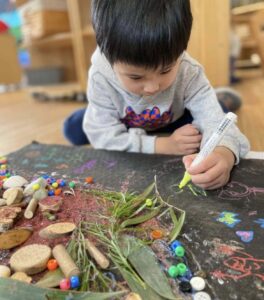
Kindergarten vs Kindergarten in Long Daycare: What’s the Difference?
Choosing the right early learning option for your child is a big decision, and understanding the difference between Kindergarten and Long Daycare can help you

5 Simple Ways to Make Family Time Special with Kids under 5
Life with young children is joyful, chaotic, and often exhausting. Between nappy changes, childcare drop-offs, toddler tantrums, and never-ending laundry, finding time to connect as
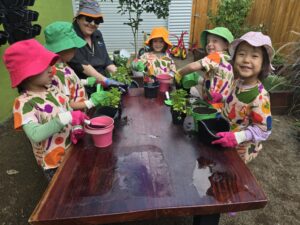
Sowing the seeds for a lifetime of healthy habits for our young learners – Stephanie Alexander Kitchen Garden Program
The Stephanie Alexander Kitchen Garden Program at Story House Early Learning At Story House Early Learning, we believe in providing children with holistic educational experiences
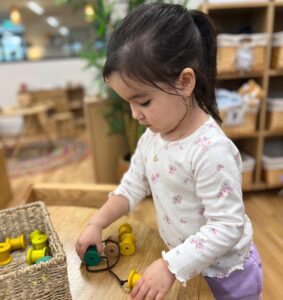
Building Strong Foundations Through Inquiry and Play
At Story House Early Learning, we make learning exciting! Our inquiry-based curriculum, enriched with purposeful play, helps children develop essential skills while having fun exploring the world around them.
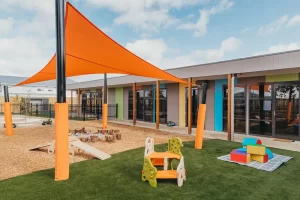
Healthy Snacks for Kids: Nutritious and Delicious Ideas
As parents, we all want our kids to eat healthy, but finding nutritious snacks that they actually enjoy can be a challenge. Whether you’re packing a lunchbox, preparing an after-school treat, or simply looking for a quick and easy bite, having a variety of healthy snack ideas is essential. Here are some wholesome and delicious snack options that will keep your children fuelled and happy.

